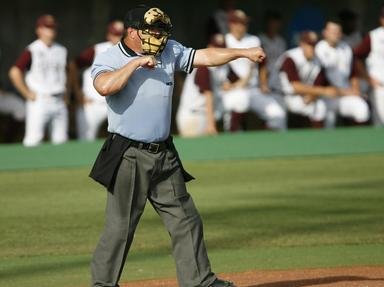Quiz Answer Key and Fun Facts
1. Baseball managers run the gamut in their approach to life and the game. Leo Durocher set a high standard in flamboyance, controversy, and wise-cracking. He was a brilliant fielder, a so-so hitter, and was a fiery leader on the field, the latter characterized his management style. What well known actress did he marry in 1948?
2. Connie Mack was a baseball manager that can be truly said was a gentleman in his demeanor and his style. He managed the Philadelphia Athletics for over fifty years. What baseball rule (or rules) were changed after his 1950 retirement?
3. Who was the renowned baseball manager who in 1919 pulled this stunt: He secured a small sparrow and hid it under his hat. Midst the booing of the crowd, he bowed and doffed his hat and the sparrow flew away, instantly changing the boos to cheers. Who was this Manager who would go on to win five straight World Series titles?
4. Pete Rose retired as the all-time Major League leader in hits (4,256), games played (3,562), at-bats (14,053), and singles (3,215). He had three World Series rings, three batting titles, one MVP Award, two Gold Gloves, the Rookie of the Year Award, and made 17 All-Star Game appearances. He managed the Cincinnati Reds for six years and was named Manager of the year in 1985. Why is he not in the Baseball Hall of Fame?
5. Bucky Harris spent 29 years as a major league manager. Under what circumstance did he become the manager of the Detroit Tigers in 1929?
6. Many baseball managers have major league experience but few have the outstanding record as both a player and a manager achieved by John McGraw. What team did he manage for 31 of his 33 years as a manager?
7. George Stallings was manager of the New York Highlanders in 1910. He came to the conclusion that Hal Chase, his star first baseman, was lackadaisical in the field and was taking bribes to throw games. When he took this information to team owner Frank Farrell, what happened?
8. Who was the first African-American to manage a major league team and for what team?
9. Who was the first manager of Asian background to manage a major league baseball team?
10. What manager retired in 1950 with 2125 wins, 18 pennants, 7 World Series wins, and had a lifetime winning percentage of .615?
Source: Author
Rehaberpro
This quiz was reviewed by FunTrivia editor
1nn1 before going online.
Any errors found in FunTrivia content are routinely corrected through our feedback system.


